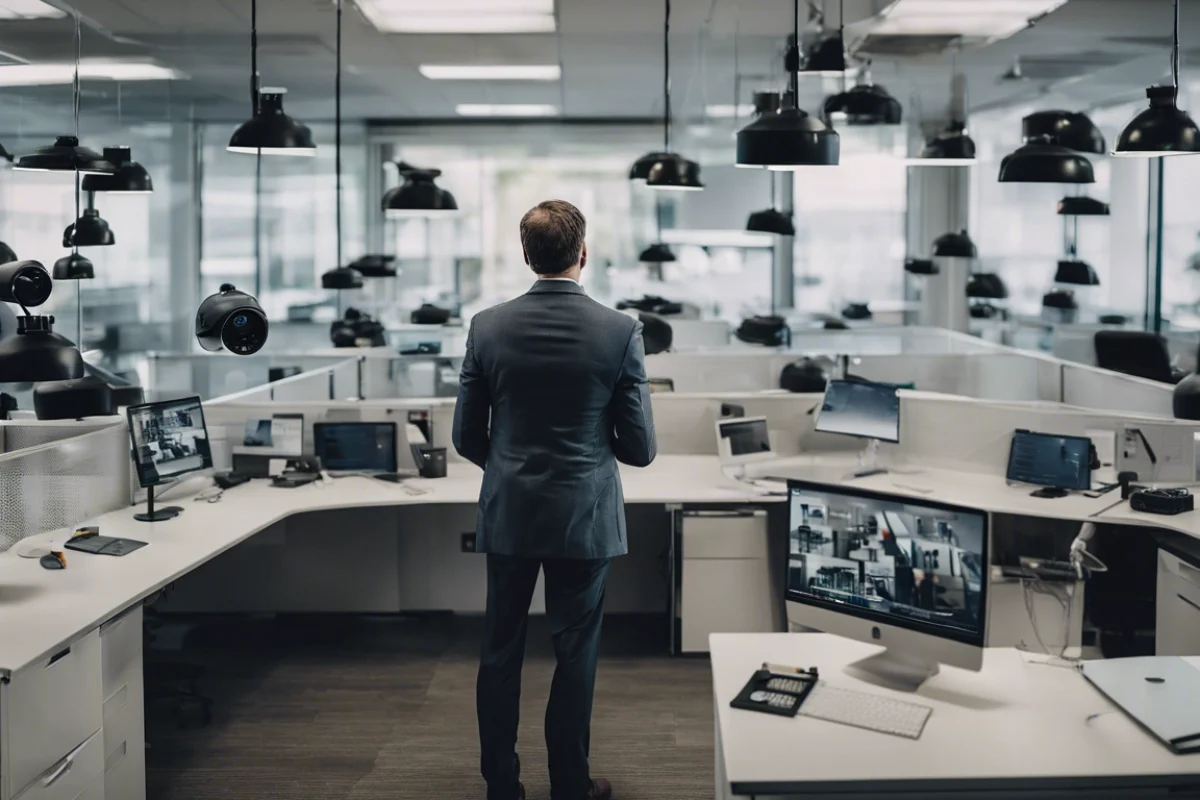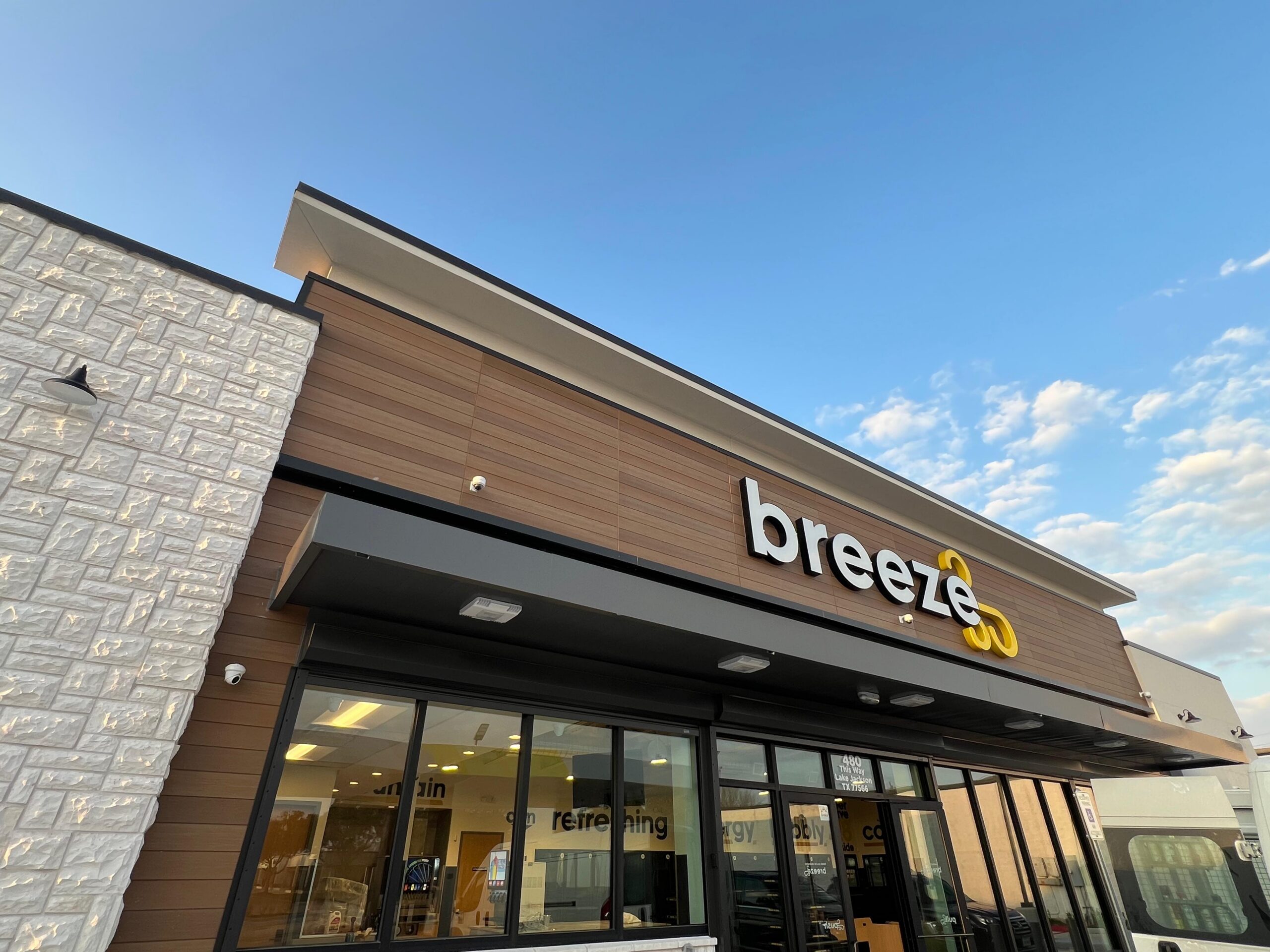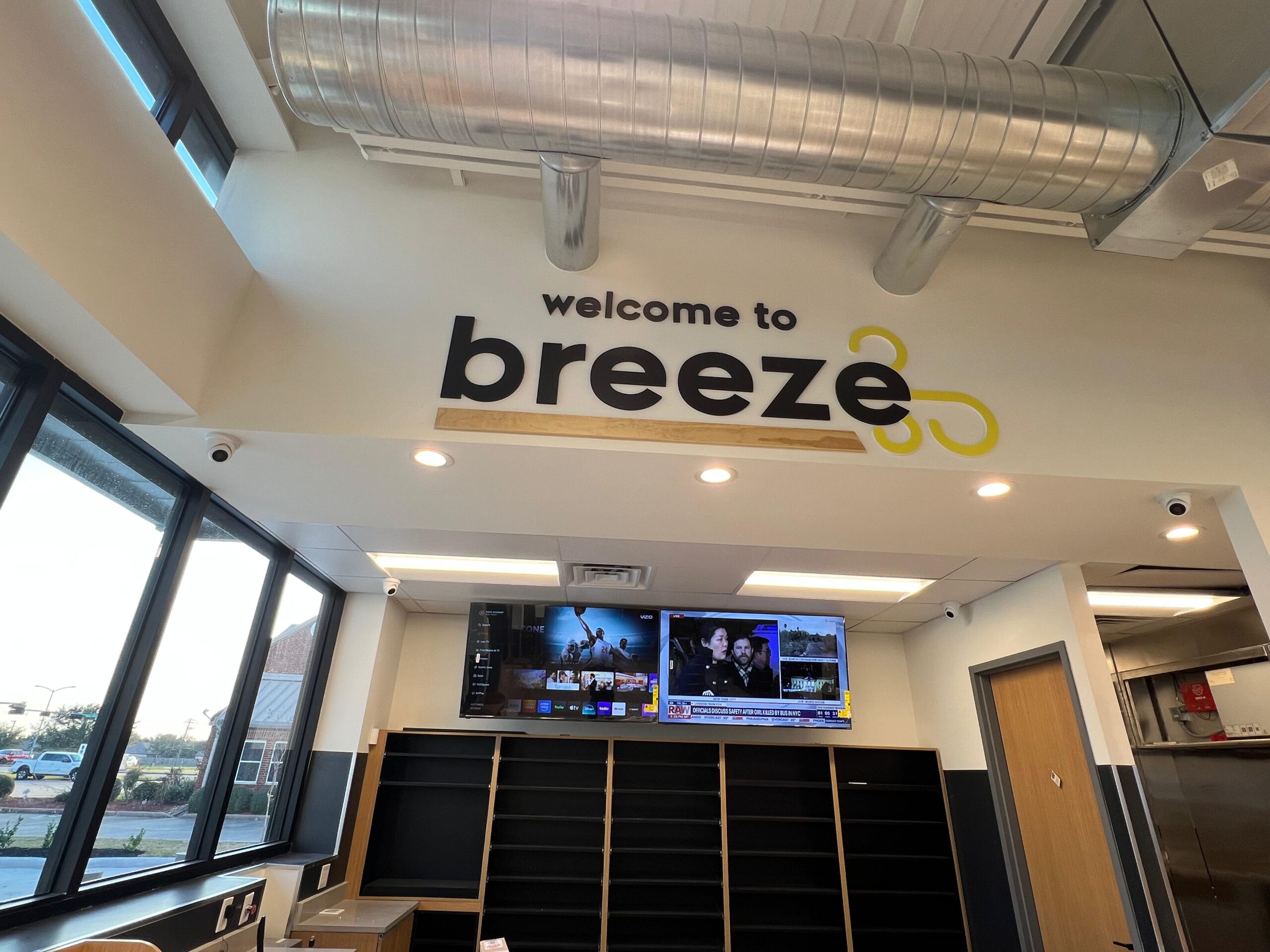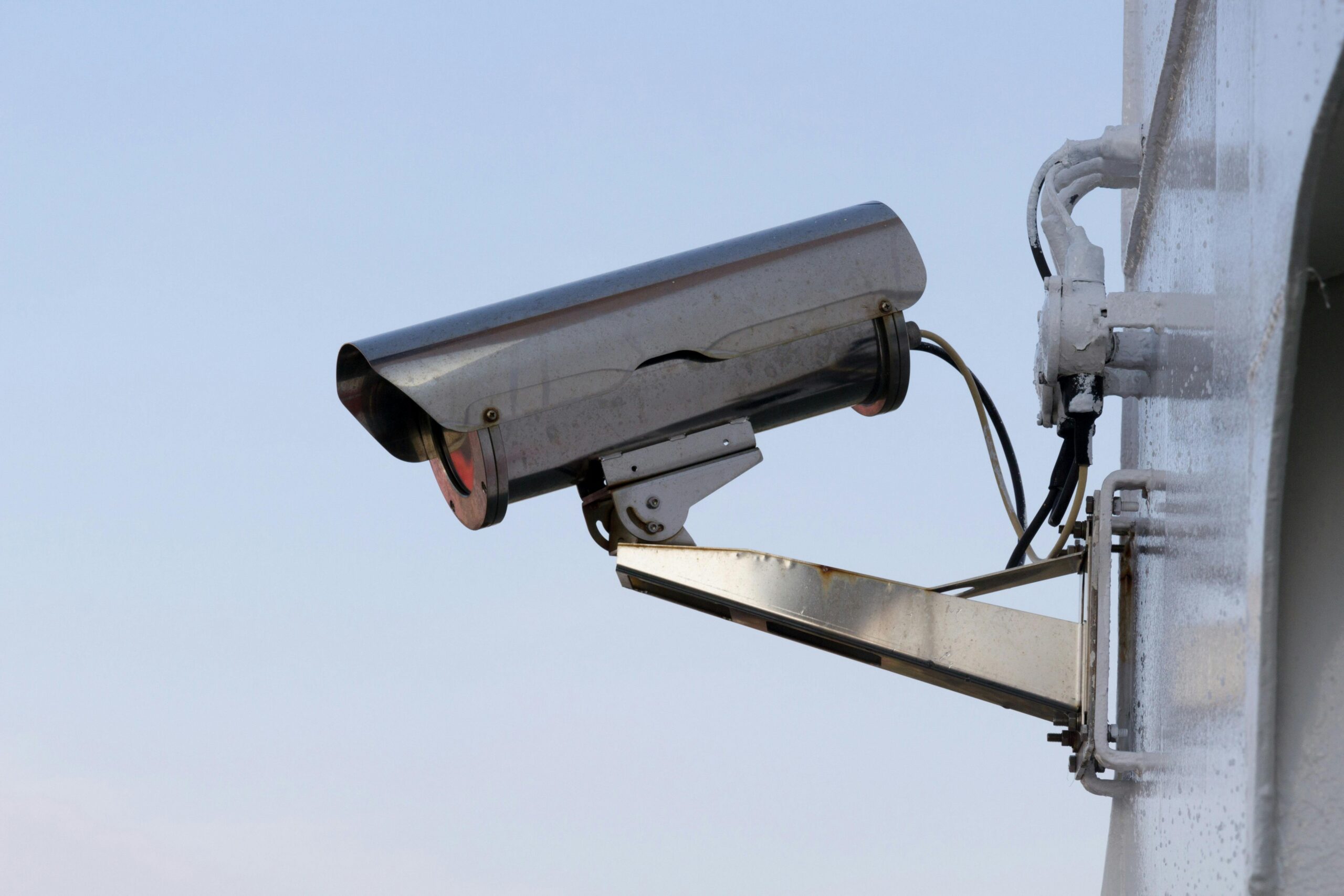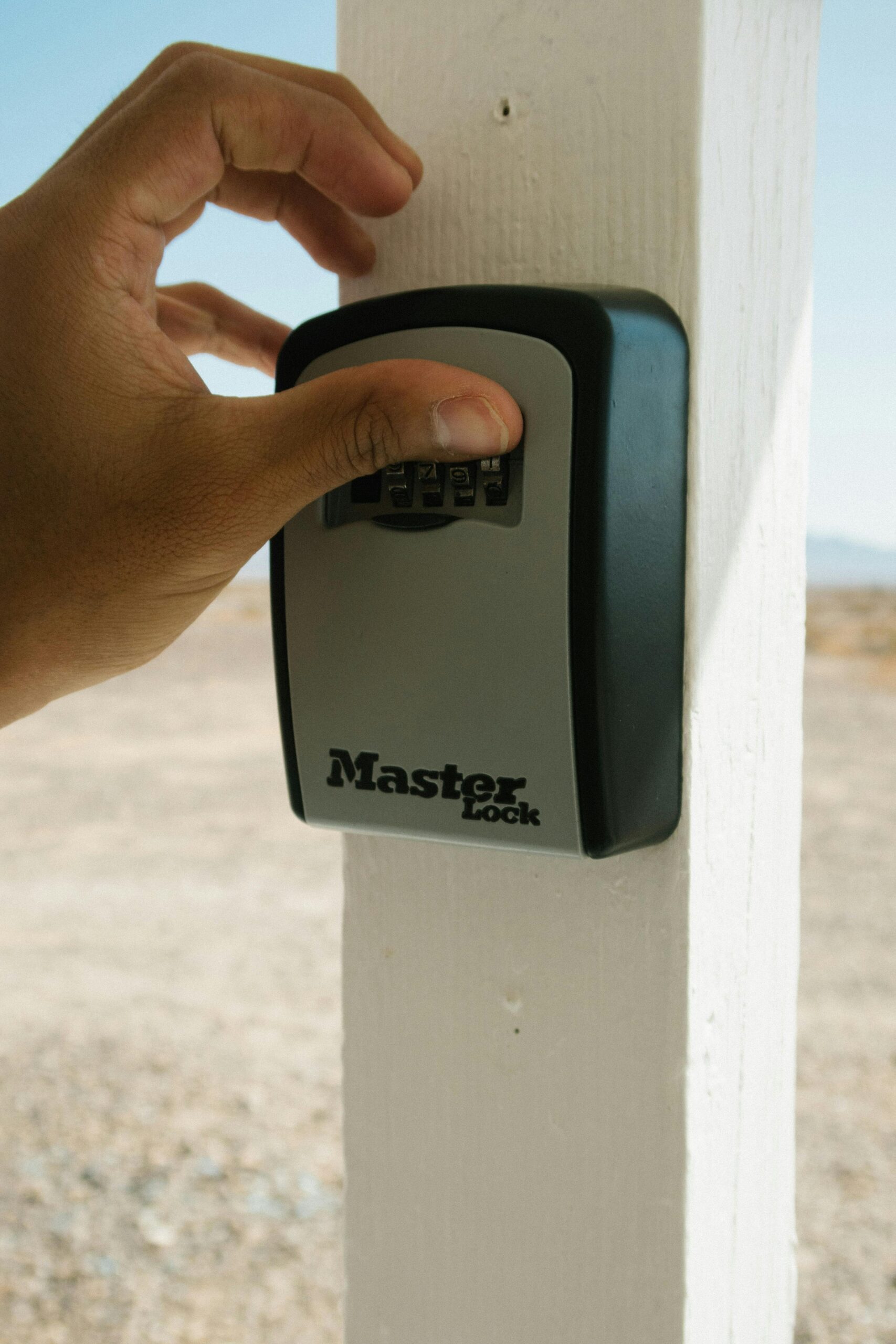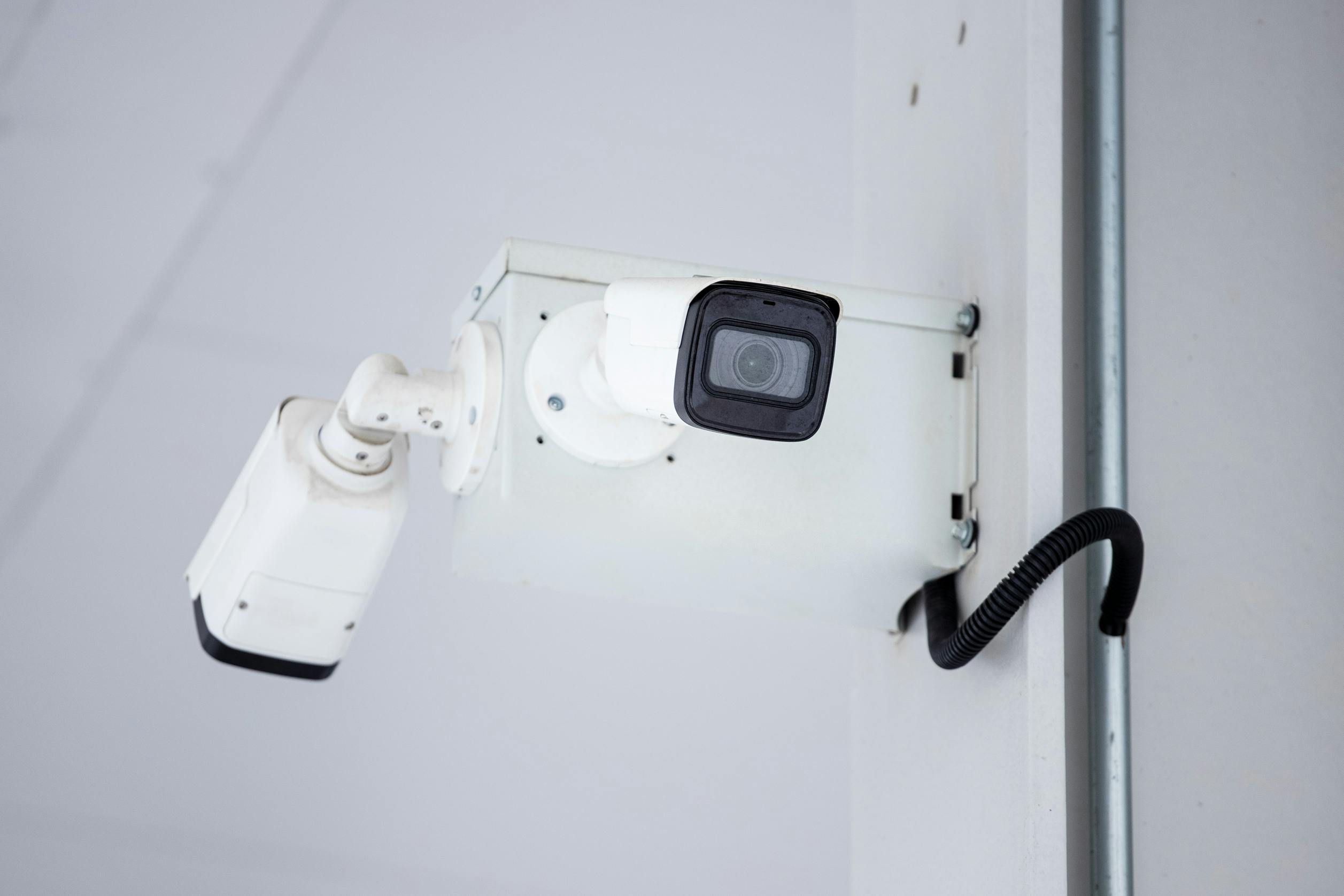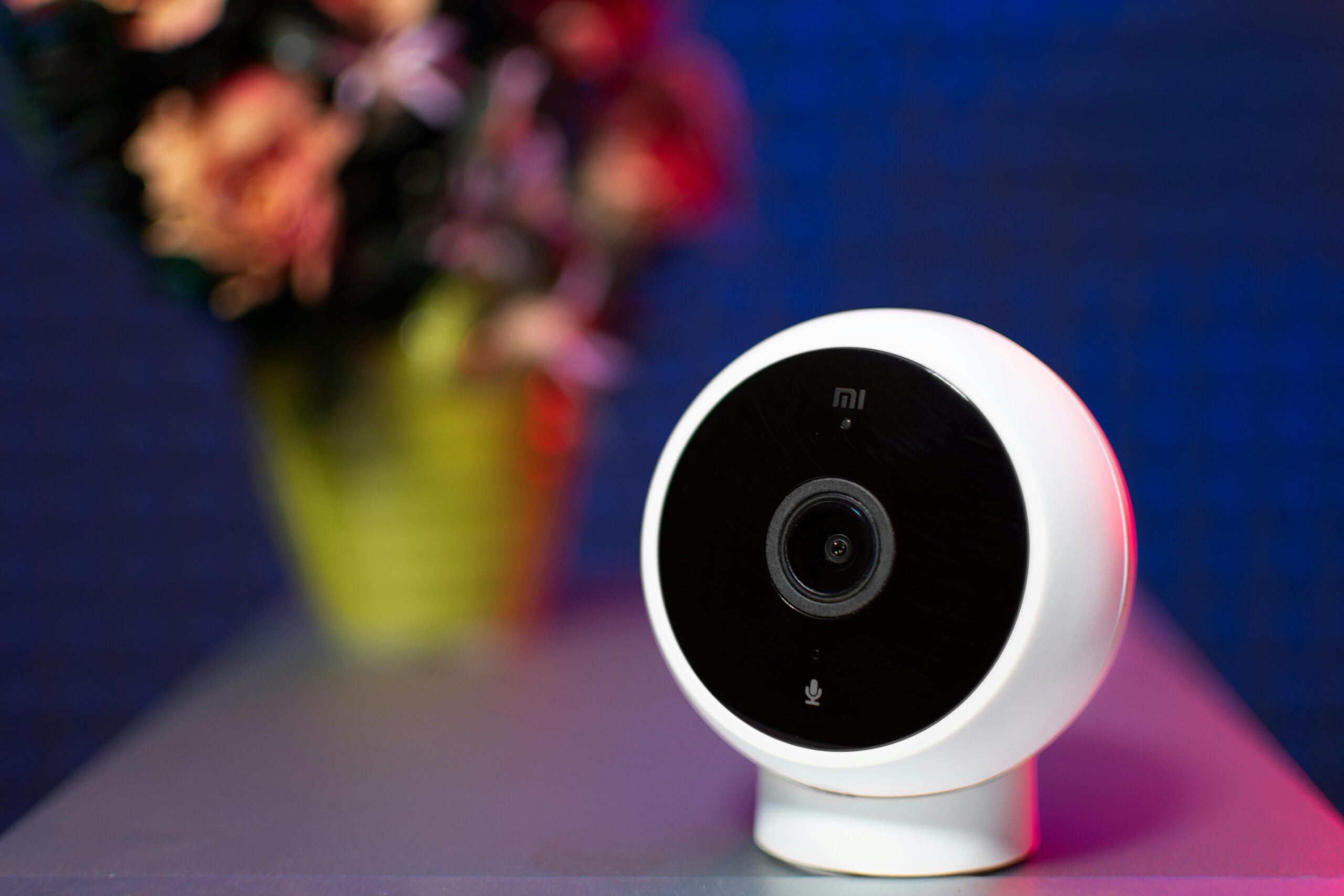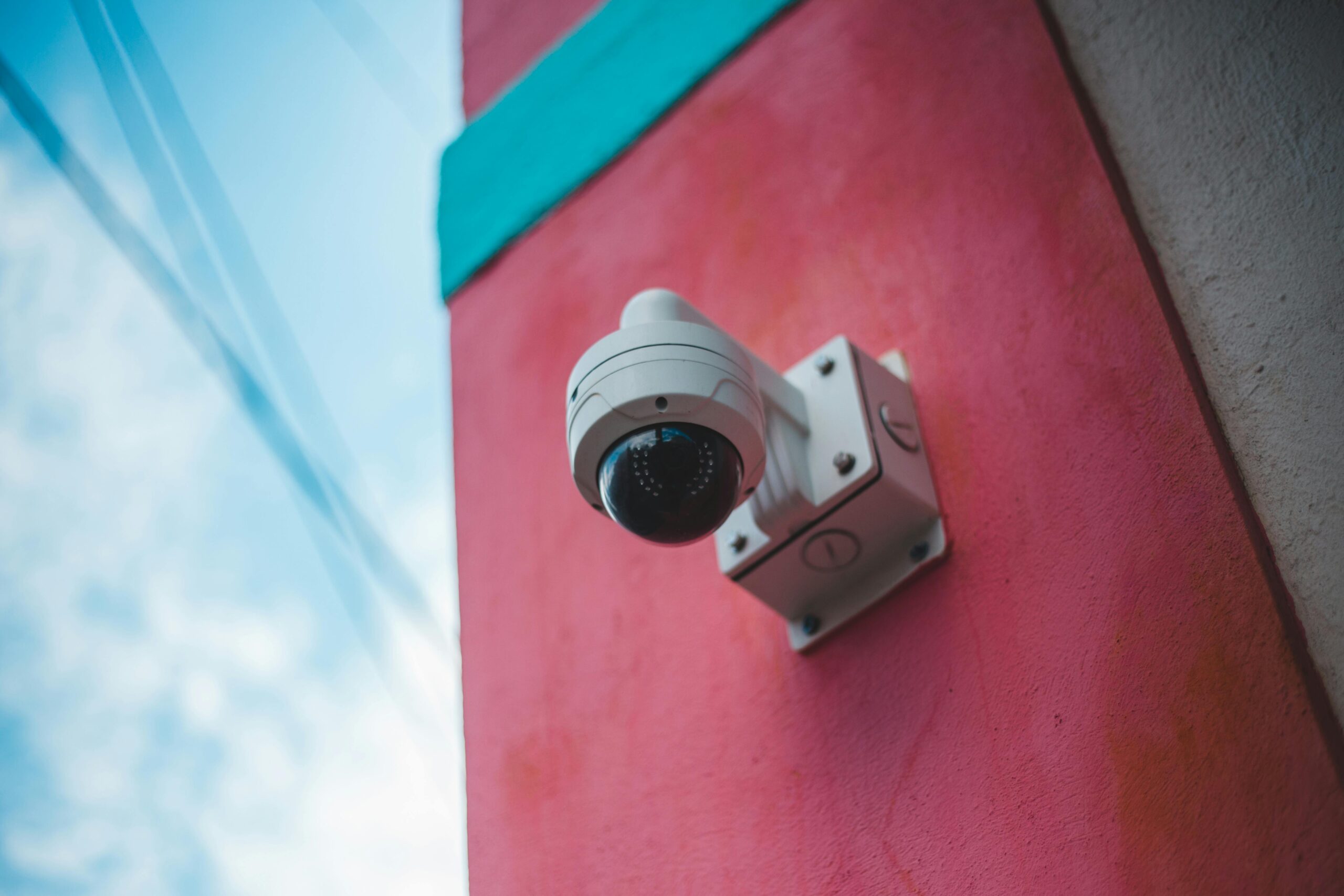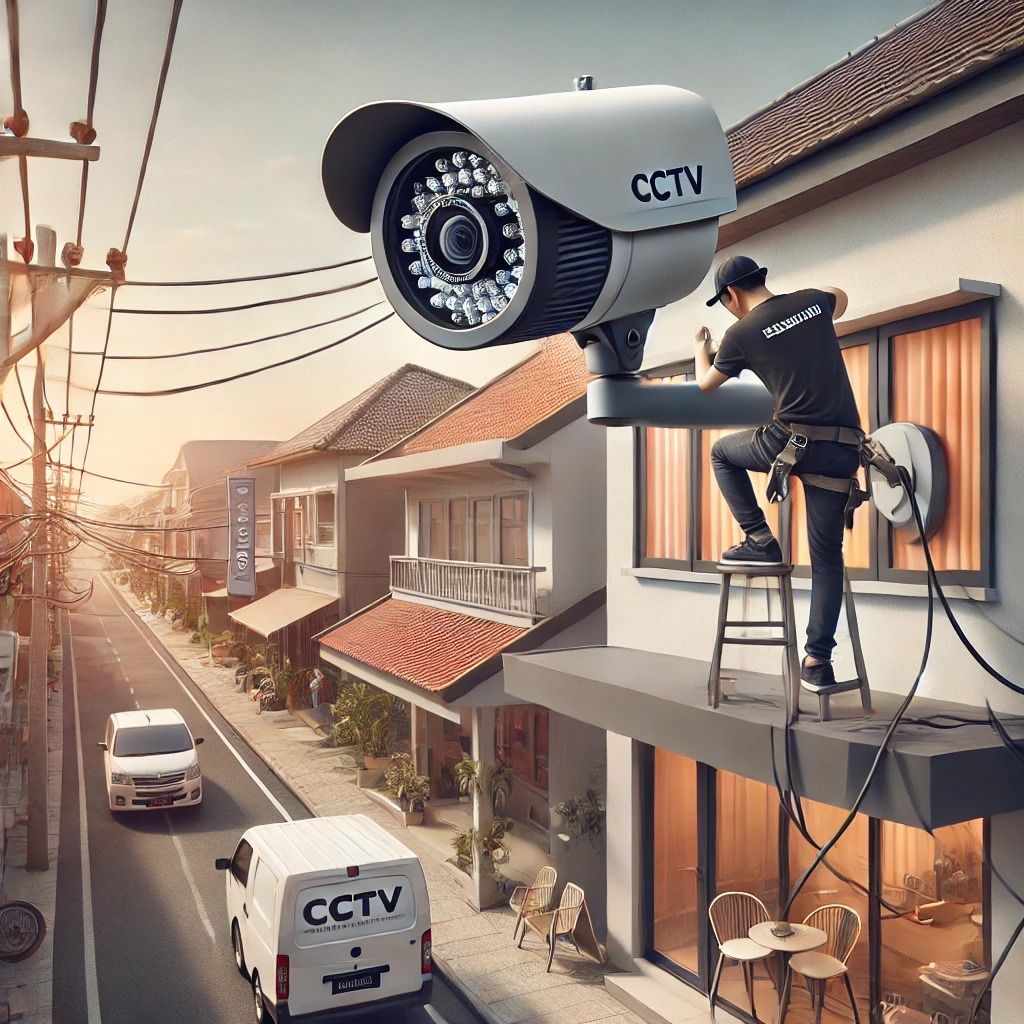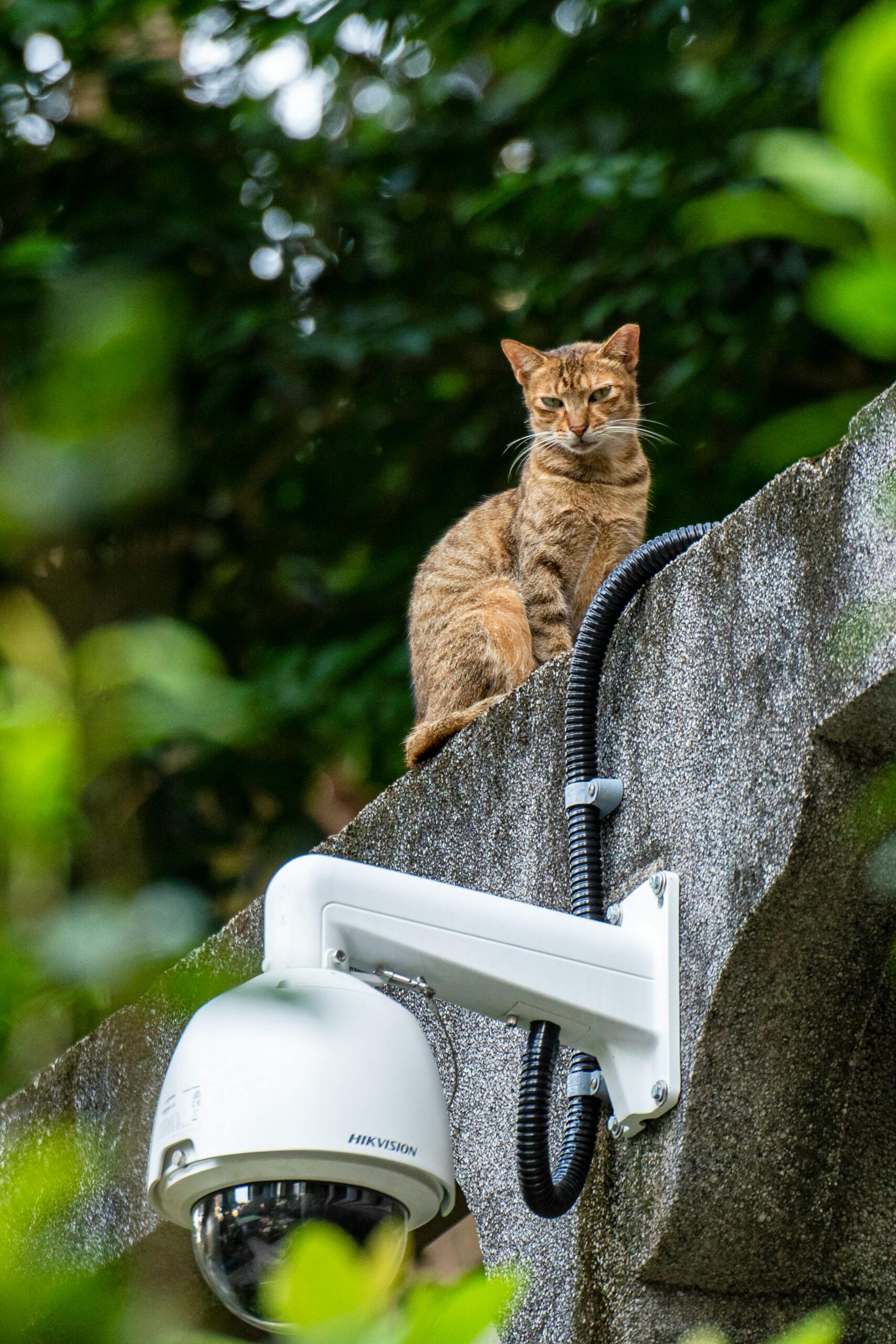In today’s ever-evolving security landscape, ensuring the safety of your business is more crucial than ever. Security camera systems play a vital role in protecting your assets, deterring crime, and providing peace of mind for both you and your customers. However, with a multitude of options available, selecting the right security camera system for your business can be a daunting task. This guide will walk you through the key considerations to help you make an informed decision.
Assess Your Security Needs
Before diving into the specifics of camera types and features, it’s essential to assess your business’s unique security needs. Start by asking yourself the following questions:
- What areas of my business require surveillance? Identify key locations such as entrances, exits, parking lots, and sensitive areas like cash registers or server rooms.
- What is the nature of my business? Different industries have varying security requirements. For example, retail businesses may need cameras focused on customer interactions, while warehouses might require broader coverage.
- What are my main security concerns? Consider the threats your business may face, such as theft, vandalism, or unauthorized access.
Choose Between Indoor and Outdoor Cameras
Once you understand your security needs, you can determine the type of cameras required.
- Indoor Cameras: These are typically designed for interior spaces. They often have a more discreet design and are optimized for monitoring customer interactions and employee activity.
- Outdoor Cameras: Built to withstand the elements, outdoor cameras are weatherproof and equipped with features such as night vision and infrared capabilities, ensuring reliable performance regardless of the conditions.
Explore Different Camera Types
Understanding the different camera types available will help you select a system that fits your business’s requirements:
- Dome Cameras: These are often used in retail environments due to their discreet design. They are less likely to be tampered with and can offer a 360-degree field of view.
- Bullet Cameras: Known for their long-range capabilities, bullet cameras are effective for monitoring larger areas. Their visible presence can act as a deterrent to potential criminals.
- PTZ (Pan-Tilt-Zoom) Cameras: Ideal for large spaces, PTZ cameras can be remotely controlled to cover a wider area. They allow you to zoom in on specific activities or areas of interest.
Consider Wired vs. Wireless Systems
The next step is to decide between wired and wireless security camera systems:
- Wired Systems: These provide a reliable connection with minimal interference. However, installation can be more complex and may require professional help.
- Wireless Systems: Offering flexibility in placement, wireless cameras are easier to install and can be relocated as needed. However, they may be more susceptible to connectivity issues and require a strong Wi-Fi signal.
Evaluate Key Features
When selecting a security camera system, it’s crucial to evaluate the features that will provide the most value to your business:
- Resolution and Image Quality: High-definition (HD) or ultra-high-definition (4K) cameras offer clearer images, essential for identifying individuals and capturing details.
- Night Vision and Infrared Capability: Cameras equipped with these features can capture clear images in low-light conditions, ensuring 24/7 security.
- Motion Detection and Alerts: Customizable motion detection zones can send real-time alerts to your smartphone or security team, ensuring prompt responses to potential incidents.
- Storage Options: Consider how footage will be stored. Cloud storage allows easy access from anywhere, while local storage can enhance data privacy.
Integration with Existing Systems
If your business already has a security system in place, consider how new cameras can integrate with existing infrastructure. Look for systems that offer compatibility with alarms, access control, and smart home technologies. This will create a more comprehensive security solution that enhances overall safety.
Budget Considerations
Finally, consider your budget when choosing a security camera system. While it’s essential to invest in quality equipment, there are options available across various price points. Evaluate the long-term benefits of investing in a reliable system versus potential costs associated with theft, damage, or liability.

